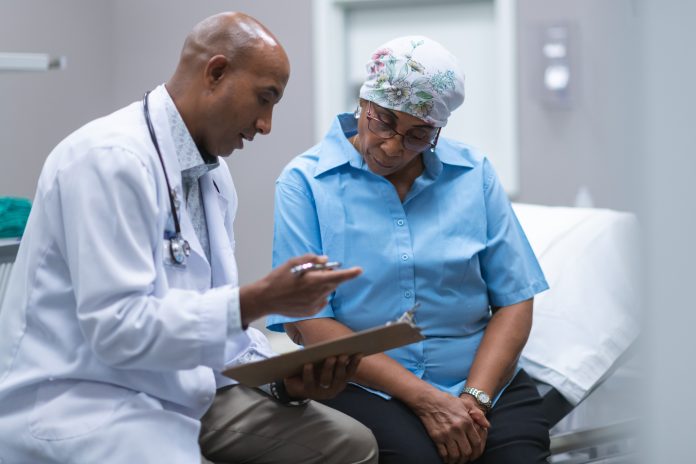
Specialty pharmaceutical distributor AmerisourceBergen (AB) announced it has a launched a new tool called Clinical Trial Navigator to assists with pharmaceutical clinical trial recruitment specifically within community-based specialty practices. The new service platform will leverage the company’s research community AdvanceIQ Network, which will help identify and match oncology practices and their patients with trials via digital site selection, patient identification, and enrollment other tool aimed at speeding recruitment and enrollment.
“Historically, it has been difficult for biopharmaceutical companies to have a consolidated and holistic view of independent specialty practices and their patient populations, and, as a result, clinical trial enrollment and logistics in these care settings have been complex and difficult to execute,” said Jennifer Sherak, senior VP and president of Specialty Physician Services, AmerisourceBergen. “With Clinical Trial Navigator, we want to break down these barriers for biopharma companies, bring more clinical trials into communities nationwide, help broaden the patient populations being considered for trials, and ultimately advance accrual time and bring therapies to market faster.”
Within the Clinical Trial Navigator suite, biopharmaceutical companies can enter key protocol criteria to identify relevant practice sites and their ideal patient populations, and results can be refined further by adding biomarkers or treatment regimens that patients must have received to qualify for a trial.
Advanced filters can also be added, such as one or multiple states, stage of diagnosis, line of therapy, ECOG status, co-morbidities, race or ethnicity, gender, and age. Biopharmaceutical companies will have chance to connect with practices that are part of AB’s AdvanceIQ Network, a network of independent practices that have opted in to participate in research opportunities. At present, the new tool will reach more than 700 practices nationwide representing more than 4,700 physicians treating roughly 245,000 patients per month.
“By creating this connectivity, we also hope to generate more equitable and accessible trial opportunities for underrepresented racial and ethnic groups, rural patients, older adults, and other underserved communities,” Sherak added.
Carol Riley, RN, BSN, practice administrator at St. Louis Cancer Care, LLP said, “Clinical trials present the opportunity for patients to access cutting-edge therapies and offer hope for patients who may have exhausted all available treatment options. However, there have been limits to accessing this research for patients at my community-based practice. Programs that enhance and streamline recruitment efforts for community practices are much needed, and having the ability to connect more patients with active trials will be a huge win.”













